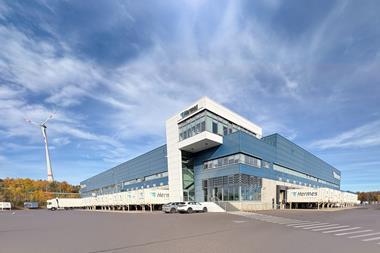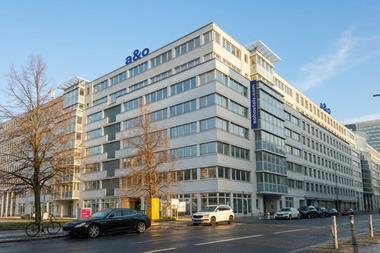UK - An influx of cross-border investors caused investment activity in the central London office market to surge to a value of £2.7bn (€3bn) in the third quarter of 2009, according to CB Richard Ellis.
A new report by the global real estate company claimed international investors dominated the activity for the three-month period, accounting for 82% of completed deals - the largest quarterly share on record.
The research found that investor interest was broadly based, ranging from traditional German institutions to private investors in the Middle East and Far East, as well as US opportunity funds.
The top five central London office investment deals completed in Q3 were all purchased by overseas buyers, including the purchase of 61 Aldwych by German pension fund BVK from Tishman Speyer.
"We are currently witnessing extremely strong investor appetite for prime Central London stock," said Jonathan Hull, executive director of EMEA at CBRE.
"London has proved itself to be one of the most efficient real estate markets and the level of re-pricing beyond long term averages has attracted capital from around the world. The relative value of sterling against other major currencies is also a factor."
CBRE's findings coincide with a report by Grosvenor Fund Management that predicts there will be a sharp recovery in London office investment returns from 2010.
The research forecast returns of 12-13% per annum over the following five years, with rents expected to improve during 2011-2016 by approximately 60% from their lowest point.
Grosvenor also predicted that supply would remain very constrained over the next four years as the lowest number of new offices are due to be delivered in London West End and City during that period since records began in 1986.
"Yields have reached all-time highs in real terms and, despite the current weak occupational market, London offices are attractively priced," said Scott Rowland, fund manager for Grosvenor's London Office Fund.
"Investors are already returning to the market and yields are starting to fall," he added.
Grosvenor said performance could even exceed the returns seen during the 1990s recovery for a number of reasons: less excess supply this time; occupational take-up forecasts are improving; London now has a larger market share and more diversified exposure to the global financial and business services sector.
"This is a very interesting time for investors to follow one or both of two strategies: a long-term play of buying cheap and holding, or a shorter-term and more tactical option to catch the recovery," Rowland said.












